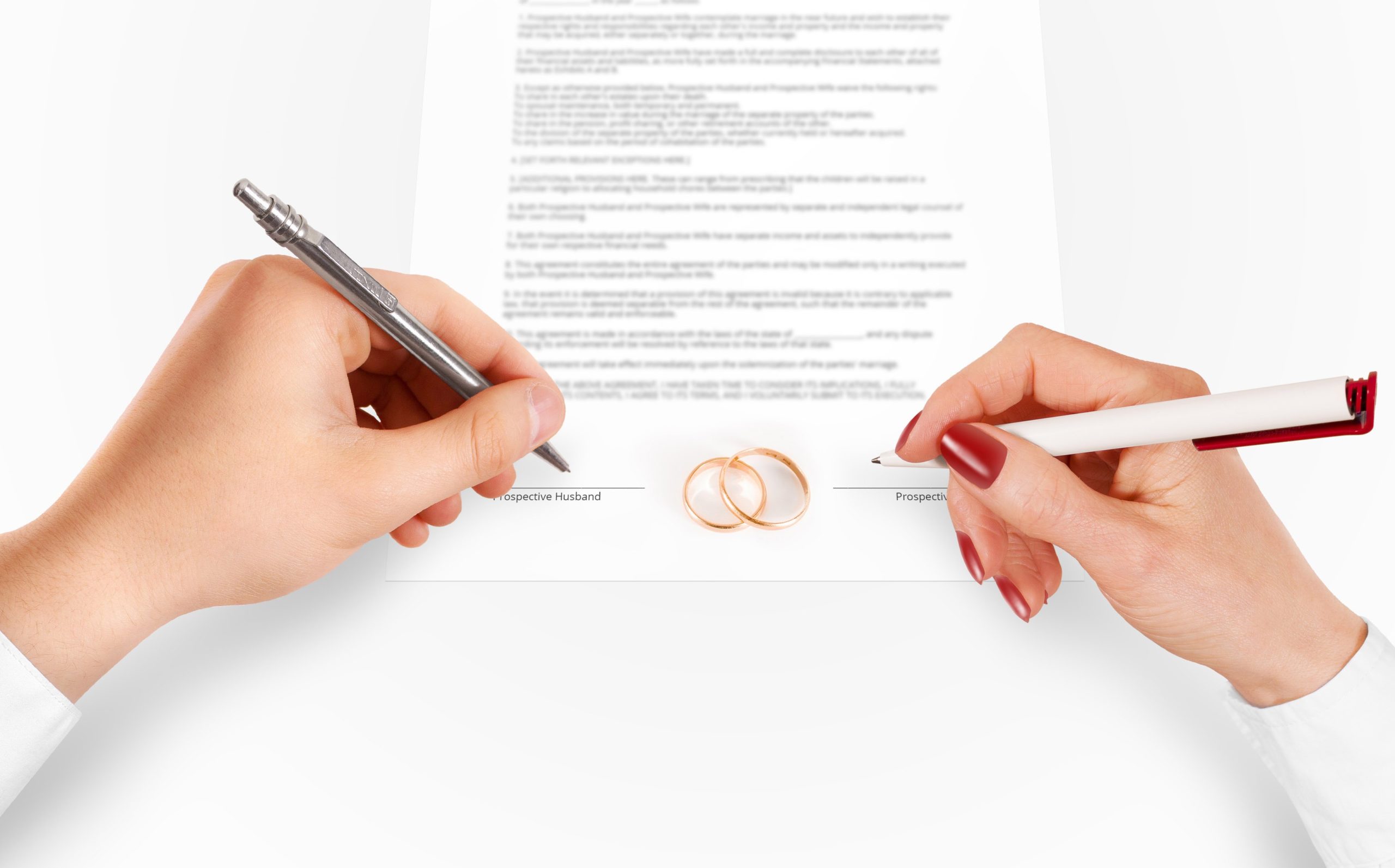It’s 2021, a new start for some, new beginnings, and the same old pandemic.
Covid-19 will NOT weigh us down. January is the time to consider that fitness regime, to set some personal goals, and unsurprisingly for me, it’s when I am frequently asked ‘how do I protect my assets in a relationship?’.
1. How do I protect my financial assets?
My advice regarding asset protection is tailored and will depend on your family and financial situation. Whatever your relationship status, do ensure that you know what your financial assets are.
2. Knowing my financial assets
Knowing your assets and your financial resources is so important when considering how to protect them. I understand that talking about money and property with your partner can be difficult, embarrassing and uncomfortable, especially when it is a topic that has been avoided in the past. Not making the effort to know what your financial assets are in a relationship can have devastating consequences for you (and any children) following a separation. This applies to married and unmarried couples.
3. Not talking about my financial assets

You may be in a relationship where certain conversations, particularly about finances, cause arguments and stress, putting a strain on your relationship. There are certain practical and legal steps you can take to overcome this.
4. Practical steps to safeguard my financial assets
- Talk openly about your finances with your partner.
- Normalise frequent conversations about your joint assets, finances, income, investments, insurance and protection.
- Be involved in the financial discussions that your partner may be having with other experts.
- Consider keeping a record of assets that are being sold, transferred or registered in another name.
- Be wary of signing a document unless you have taken legal and financial advice, and understand how this may impact you and your family.
5. Legal steps to safeguard my financial assets
- Take legal advice from a family lawyer.
- Speak to a financial advisor.
- Record your living and financial arrangements in an agreement to protect and safeguard your assets.
- Register your interest in any property with the Land Registry by way of a notice of home rights or unilateral notice. The forms can be accessed here.
6. The types of financial agreements to enter into when in a relationship
- Prenuptial agreements – enter into these to protect your assets before a marriage.
- Postnuptial agreements – enter into these during your marriage – read my post on the advantages and disadvantages of nuptial agreements here.
- Cohabitation agreements – agree your financial and living arrangements as an unmarried couple before you settle down together.
- Separation agreement – unmarried couples may enter into these agreements following a separation.
7. How do financial agreements help me in a relationship?
- Agreements define and protect your assets.
- They provide a good financial framework for living together.
- Help to avoid awkward conversations about money and property which could put a strain on your relationship.
- Can help to alleviate financial issues and pressures during a relationship.
- Can be used to show what was intended if there is a dispute on separation.
- Avoid litigation and the cost of court proceedings

For more information watch a video I presented with the Investors Chronicle and Financial Times about safeguarding assets. The link to the video can be found below:
If you would like to know more about how to protect your assets and entering into financial agreements, please do not hesitate to call Priya Gill Liaudet, Family Lawyer based in Kensington or
Please do share this article if you found it helpful or consider it may be helpful to others



